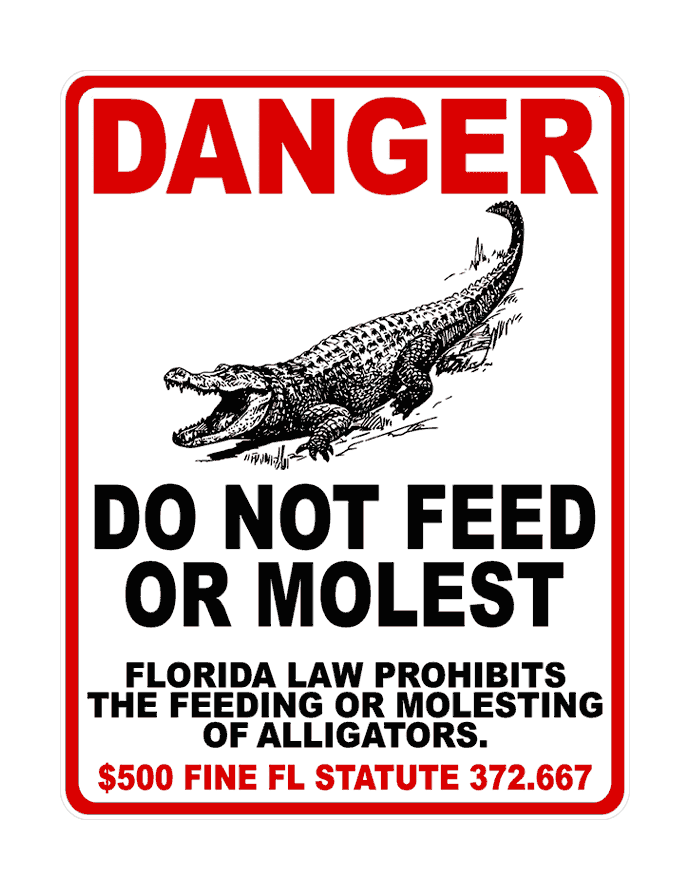 HOA Dues are revealed to all home buyers prior to purchase. And, since not all home buyers understand the issue, I wanted to address “What is an HOA Fee and Why is it a Good Thing?”.
HOA Dues are revealed to all home buyers prior to purchase. And, since not all home buyers understand the issue, I wanted to address “What is an HOA Fee and Why is it a Good Thing?”.
First, HOA is short for Home Owner’s Association. This term signifies that the builder/developer of the building or neighborhood legally filed some Covenants, Conditions and Restrictions that run with the property and likely filed Articles of Incorporation and Bylaws outlining the establishment of the Home Owners Association, their duties and voting rights.
The presence of an HOA will show up as an exception on your preliminary title report. Exceptions on the title report validate that there is some claim or limitation on property ownership. In the event of an HOA, the significance is that there are limitations to property use. Owners must conform to the guidelines in the Covenants, Conditions and Restrictions, which is sometimes loosely referred to as Community Rules.
When you order a set of HOA documents for review prior to purchase of property, (Meadow Walk’s HOA Documents are available for viewing here on this website) especally newer property including condos and townhomes, you may discover that the HOA package is over an inch thick! The package will include all HOA documents of public record as well as minutes of meetings, financial studies, budgets and more.
Know that the financial stability of your HOA is important. In the event that cash reserves don’t meet future obligations, there may be a special assessment levied on each home/unit. There arefee-based providers that will review HOA financial documents and provide an opinion of their stability.
Now, down to the nuts and bolts of What is an HOA Fee and Why is it a Good Thing? HOA fees pay for upkeep, maintenance and amenities. Sounds simple, right? It’s actually quite complex. The HOA document package will outline the obligations of the HOA and the obligations of the homeowner. For the HOA to fulfill it’s obligations requires funding, and that’s what HOA fees pay for.
Most Home Owners Associations have a governing body elected to the Board of Directors. The Board of Directors generally makes business decisions, such as establishing a budget, determining who will provide the blanket insurance policy, and what is the timing and frequency of component replacement (fences, roofs, siding), etc. The Board of Directors generally hires a management company to oversee who performs the HOA obligations, which often include tasks such as landscaping, pool maintenance, common area maintance, access gates, play areas, greenbelts, tennis courts, exterior maintenance. The management company may use their own staff, or they may hire sub-contractors to perform these tasks.
Many potential home buyers don’t see the value in paying HOA dues. Yet, if one understands that the fees are going to support the devlopment and lifestyle amenities, it often makes sense. Building insurance alone is a huge expense for the association, as is liability expense for insuring the common areas.
Establishing the amount of HOA dues is a fine balance, it needs to pay the current obligations and set aside reserve funds for repair and replacement expense.
Know this: If the HOA is deferring maintenance items due to lack of funds or oversight, it can cost the homeowners much, more more in the long term due to increased repair expense. Failure to paint wood siding and seal it from moisture instrusion can cause decay. It’s cheaper to keep it painted than it is to replace the siding!
Buyers, do your diligence on the HOA package. What do the fees cover? Do the items covered appear to be well maintained? If not, it could be a sign of deferred maintenance. Perhaps then look hard at the cash reserves and financial study in the HOA package. Deferred mainteance can be the precursor to a special assessment.


